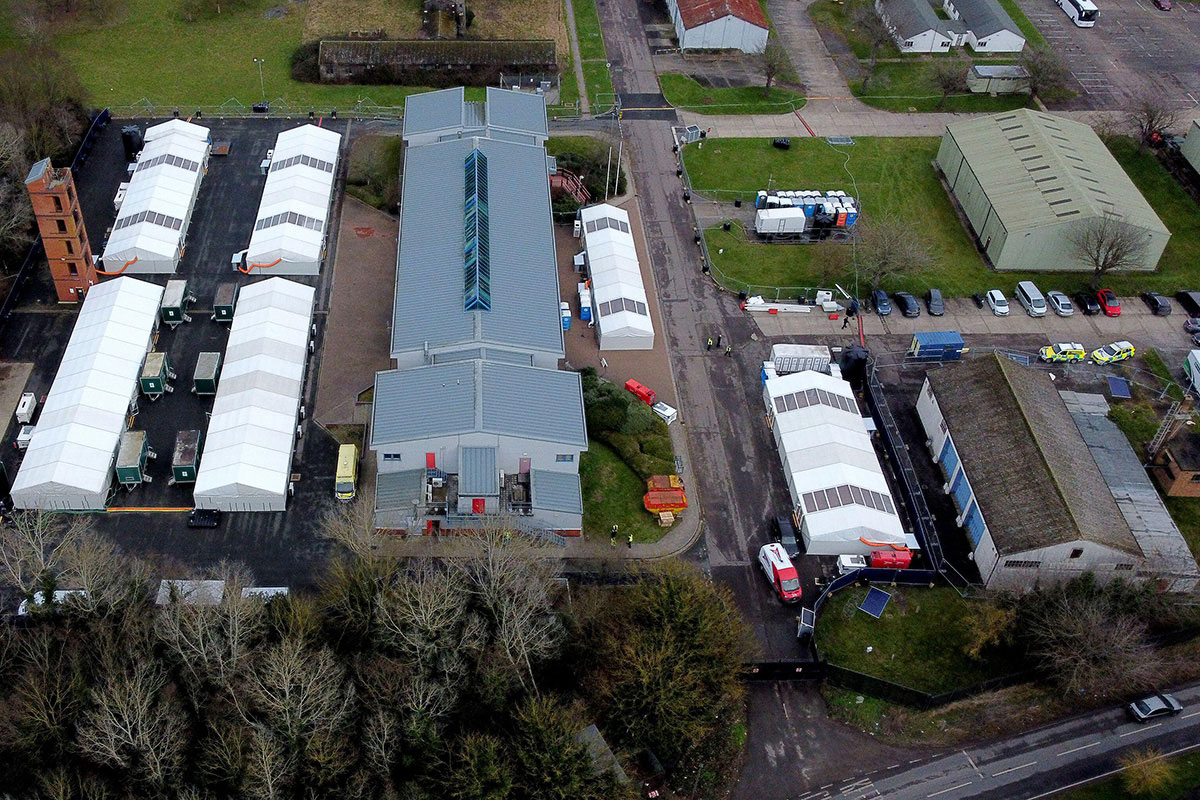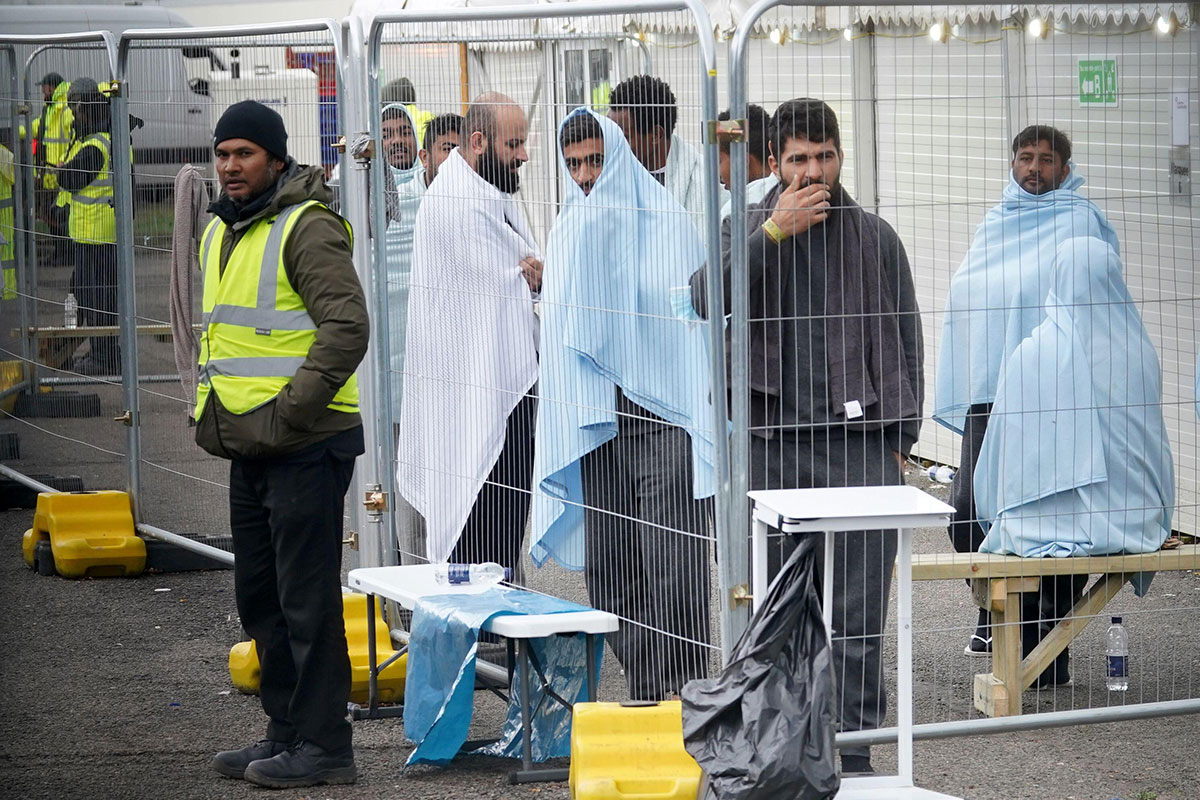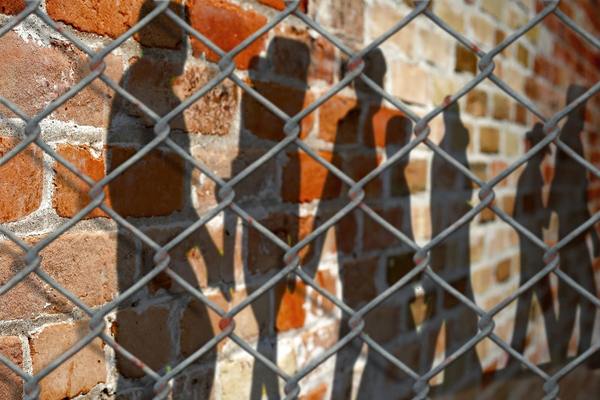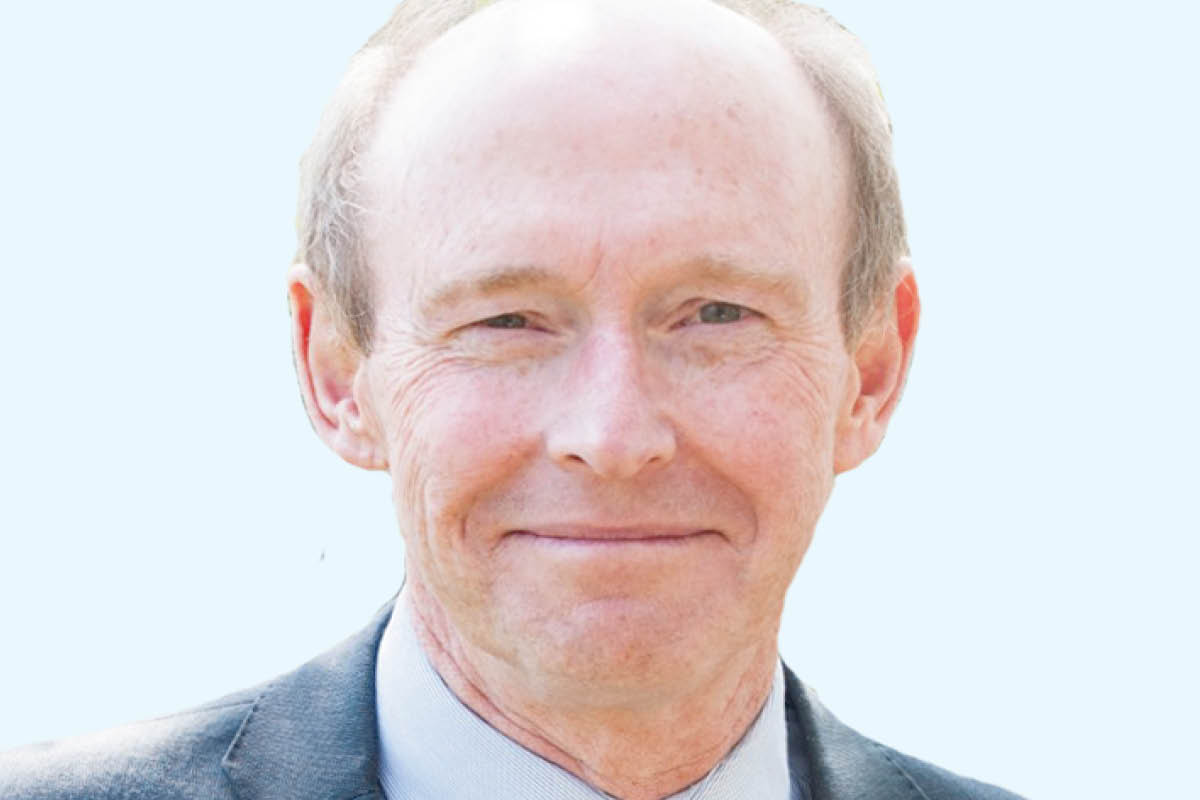You are viewing 1 of your 1 free articles
The housing crisis facing asylum seekers
The Manston migrant centre has put the focus on how people are treated when they arrive in the UK seeking refuge. But what housing conditions do asylum seekers face next? Lauren Crosby investigates
The scandal at Manston migrant centre has been building for weeks, culminating last month with news that a man who had been staying there later died in hospital. The pressure has been on the government to move people out of the centre and into housing. But what sort of housing will asylum seekers be faced with?
Over the past decade, there have been many detailed reports documenting asylum seekers’ experiences in initial and dispersal asylum accommodation throughout the UK. These highlight poor-quality housing, unsanitary conditions and unsafe premises. However, even with increased visibility of the shortcomings of such accommodation, asylum seekers who have fled trauma in search of safety are still living in unsuitable housing.
“We’ve seen poor-quality building, high levels of damp, ceiling collapses, or poor repairs to damage,” says Rachel Goodall, head of asylum services at charity Refugee Action. “We also hear about a lack of security, so not having adequate locks on doors. There are lots of problems with rats and rubbish, too. When there is a handover of tenants, the houses have not been cleaned properly and broken white goods haven’t been replaced.”
When asylum seekers make complaints, they are sent to charity Migrant Help, which is contracted by the Home Office, but can often be waiting for hours on the phone to speak to anyone, according to an internal audit published last month.
In the past three years, things have become even worse, according to government research from 2020, as hotels have been used to house asylum seekers for long stints of time. Prior to the pandemic hotels, B&Bs and hostels were used by private housing contractors as ‘initial accommodation’ for up to, at most, four weeks until people are moved to Section 95 dispersal housing, which is longer-term temporary accommodation that is managed by providers on behalf of the Home Office. However, by the end of 2021, the Refugee Council found that more than 26,000 asylum seekers were living in hotels; some had been living in them for a year.
There are several reasons for poor dispersal accommodation and increased dependency on hotels, but privatisation of asylum accommodation in 2012 was the turning point in the worsening conditions.
Prior to 2012, local governments and housing associations were responsible for asylum accommodation. It was not a perfect system, but it did work, argues Jonathan Darling, associate professor in human geography at Durham University.
“Then when accommodation was privatised, you saw a series of private companies take on the Home Office [housing] contracts, largely looking in places they could find cheap accommodation,” he adds.
A country-wide housing shortage, the pandemic, long waits for asylum decisions and an increase in asylum seekers entering the UK created a bottleneck for accommodation. Private companies contracted by the Home Office have depended on hotels, army barracks, and poor dispersal accommodation.
“Asylum seekers are victims of trauma and the impact of having insecure, poor-quality, precarious accommodation just keeps people in a space of insecurity, which means that people cannot heal and move forward,” states Ms Goodall. “It is undermining the fundamental right of people to be treated with dignity and respect.”
Living in dispersal accommodation
Allison* (name has been changed) slept on the sofa in the living room of her shared asylum housing to avoid her ant-ridden and damp bedroom.
“The room was so small,” the 49-year-old says. “There was a boiler in the room, and I struggled to sleep. There was no lock on the door. Someone could come in at any time. The walls were wet with damp. Along the edges of the floor, you can see the pipes connected to the boiler. Then there were so many black ants all over the floor.”
Allison fled Nigeria in 2011 to find safety in the UK. Not knowing about the asylum process, she did not apply for asylum until January 2022. For 11 years, she was homeless, sleeping on sofas and streets. When Refugee Action helped her to claim asylum this year, Allison was placed in a hotel in Manchester temporarily until dispersal accommodation was secured.
“We were not treated well in the hotel,” Allison states. She was due to stay in the hotel for no more than 35 days, but ended up staying there from February 2022 until June 2022. “I cried every day in my room. We were just living in the hotel like prisoners. I felt bad, very bad. I didn’t feel like I was wanted in the hotel,” she adds.
When she was told she was being moved into dispersal housing, Allison panicked as no one would tell her where she was moving to. When her driver dropped her at her destination, in a town north west of Manchester, Allison says she “broke down immediately”.
In addition to the horrendous condition of the room, Allison had to go up a set of stairs to access the shared toilet, which was a problem as she had to use crutches as a result of pain from lupus. “I had to wee in a cup in the night and take it to the toilet in the morning because it was so painful for me,” she explains.

Allison tried to ring Migrant Help to raise concerns about the housing, but she was met with no help at all. For months, she survived in the accommodation as her mental health slowly deteriorated.
“I started to look at myself like a slave,” she says. Being forced to live in unsanitary and unsafe housing, without anyone to help her, reminded her of past trauma. “I was shaking all the time. Panicking. I couldn’t eat. I was struggling to sleep. I was just suffering.”
A spokesperson from Migrant Help says: “Migrant Help is not an accommodation provider. We are contracted by the Home Office to provide advice, issue reporting and an eligibility service to people seeking asylum. That includes supporting people with complaints or raising issues that they might have with their accommodation. Our role is to pass these reports onto the relevant provider, who is then responsible for resolving them.”
With the help of Refugee Action, Allison managed to get moved to another shared house in August 2022, where her room was clean and secure. She is now hoping she can get help for her mental health, which she says has taken a battering over the past decade.
“The first thing that can be done is to have stronger regulatory oversight over the quality of the accommodation, and to make sure that it is genuinely independent oversight,” states Mr Darling. “Linked to that, I think the voices of people accommodated need to be genuinely listened to and responded to.”
“The first thing that can be done is to have stronger regulatory oversight over the quality of the accommodation, and to make sure that it is genuinely independent oversight”
A Home Office spokesperson says: “While we accept that hotels do not provide a long-term solution, they do offer safe, secure and clean accommodation, and we are working hard with local authorities to find appropriate accommodation during this challenging time.”
Although many local authorities and housing associations want to be involved in immediate solutions, there is little they can do in terms of housing provision for asylum seekers. “We’ve already got waiting lists coming out of our ears for properties,” says Jon Lord, chief executive of housing association Bolton at Home.
Mr Lord suggests the government could fund housing associations and local authorities to procure private rental properties for asylum seekers.
“If we had the money coming in on the current asylum contracts, we would be able to pay a competitive rate to landlords,” he explains. “The benefit of using housing associations as an anchor is that we have good relationships with local authorities. We’re not allowed to make profits and we don’t have shareholders, so any surpluses which currently go to private contractor shareholders would go into local authority services instead.”
In the meantime, Mr Lord suggests a government-paid integration fund for the voluntary sector. “It could help asylum seekers with things like health, education, move-on accommodation and just general support,” he says. “To provide some of those basic wrap-around services could make all the difference between if someone settles well or not.”
Of all the possible solutions, probably the most straightforward one is to reduce decision-making times on asylum applications. As immigration lawyer Alasdair Mackenzie put it in an interview with Open Democracy: “The asylum system is broken… it increasingly fails to do its job of deciding claims fairly and swiftly.”
Sign up for the IH long read bulletin
Already have an account? Click here to manage your newsletters













